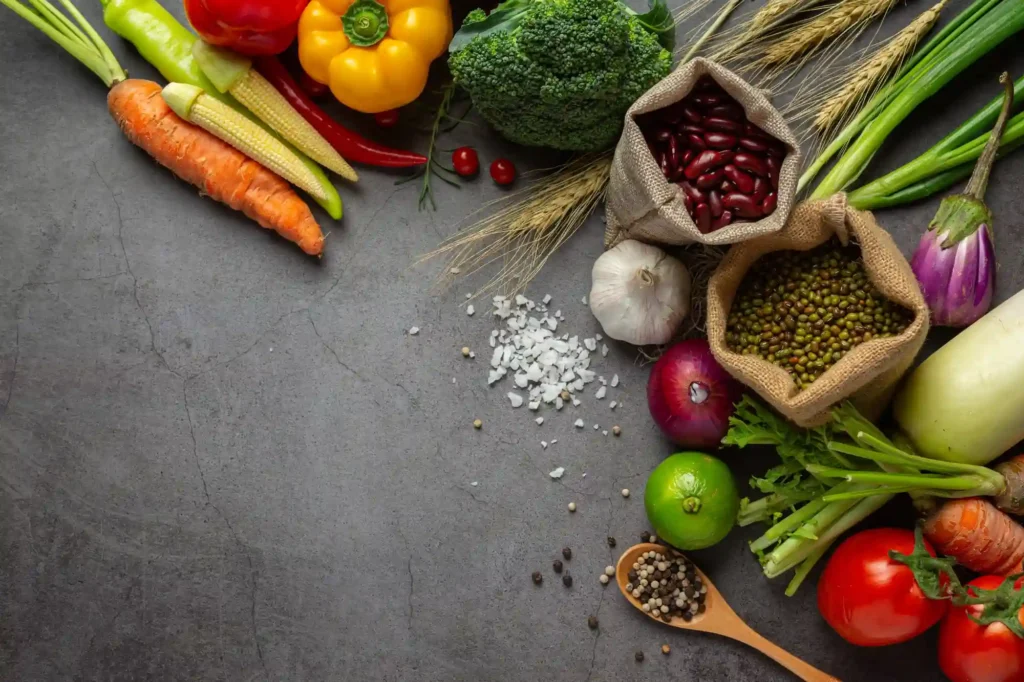- 076 969 9933
- info@translinkhealthylife.com
- 265/5 Pushparama Mawatha Pinthaliya Road 11850 Kadawata, Sri Lanka

In recent years, the popularity of organic food has skyrocketed as more people prioritize health and environmental sustainability. But what exactly makes organic food better? This article explores the undeniable benefits of choosing organic foods, focusing on health, environmental impact, and how it supports a better lifestyle.
Organic food refers to crops and livestock produced without synthetic pesticides, fertilizers, antibiotics, or genetically modified organisms (GMOs). The process prioritizes natural growth cycles, eco-friendly farming practices, and humane treatment of animals.
One of the primary reasons to switch to organic is the reduced exposure to harmful chemicals. Conventional farming often uses pesticides and herbicides, which leave residues on produce. Studies have shown that these chemicals can negatively affect human health, particularly for children and pregnant women.
Organic farming eliminates the use of synthetic chemicals, ensuring that your food is as natural as possible. By eating organic, you significantly lower your intake of pesticide residues, promoting better long-term health.
Organic food is often richer in essential nutrients. Research suggests that organic produce contains higher levels of vitamins, antioxidants, and minerals compared to conventionally grown alternatives.
For instance:
These nutritional benefits make organic food a healthier option for maintaining an active and balanced lifestyle.
Organic farming is a boon for the environment. Unlike conventional farming, organic practices focus on sustainability:
By supporting organic agriculture, you contribute to reducing pollution and safeguarding natural resources for future generations.
Children and pregnant women are particularly vulnerable to the effects of pesticides and synthetic additives. Organic food ensures minimal exposure to these harmful substances, making it a safer choice for growing bodies and developing babies.
Many people argue that organic food tastes better, and science backs this claim. Organic crops grow at a natural pace, allowing flavors to develop fully. This results in produce with richer, more vibrant tastes compared to conventionally grown counterparts.
Organic farming doesn’t just benefit humans—it’s also kinder to animals. Livestock raised on organic farms are given more space, access to the outdoors, and natural diets, improving their quality of life. Additionally, organic certifications prohibit the use of growth hormones and unnecessary antibiotics.
Despite its many advantages, organic food faces skepticism due to myths such as:
Switching to organic food is not just a trend; it’s a commitment to a healthier, more sustainable lifestyle. From reducing exposure to harmful chemicals to supporting environmentally friendly practices, the benefits of organic foods are undeniable. Whether you’re a health-conscious individual or someone looking to make a positive impact, going organic is a step in the right direction.
Invest in your health and the planet—choose organic today!
Organic food benefitsWhy go organicHealth advantages of organic foodNutritional value of organic produceEnvironmental benefits of organic farming
Chat with Us